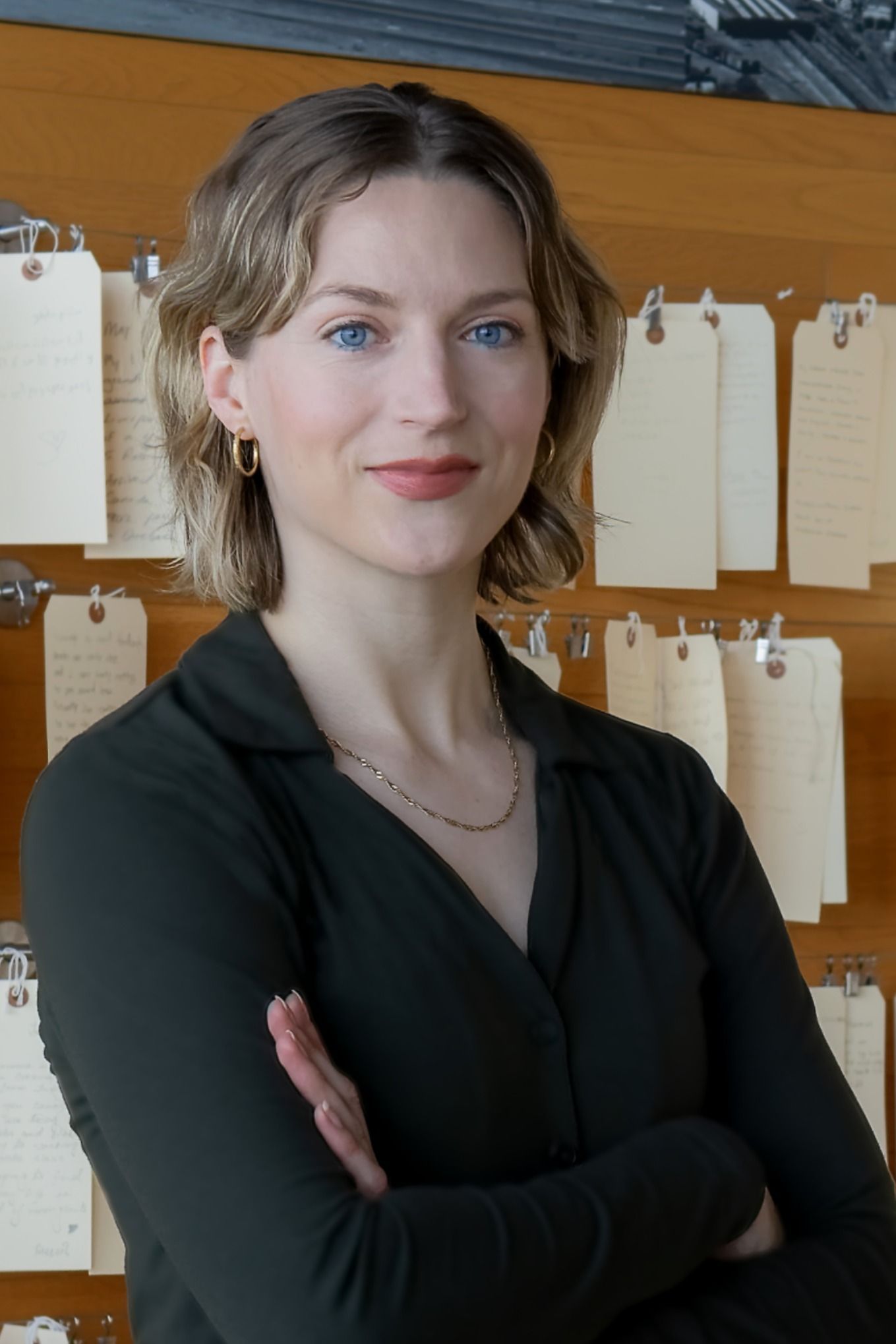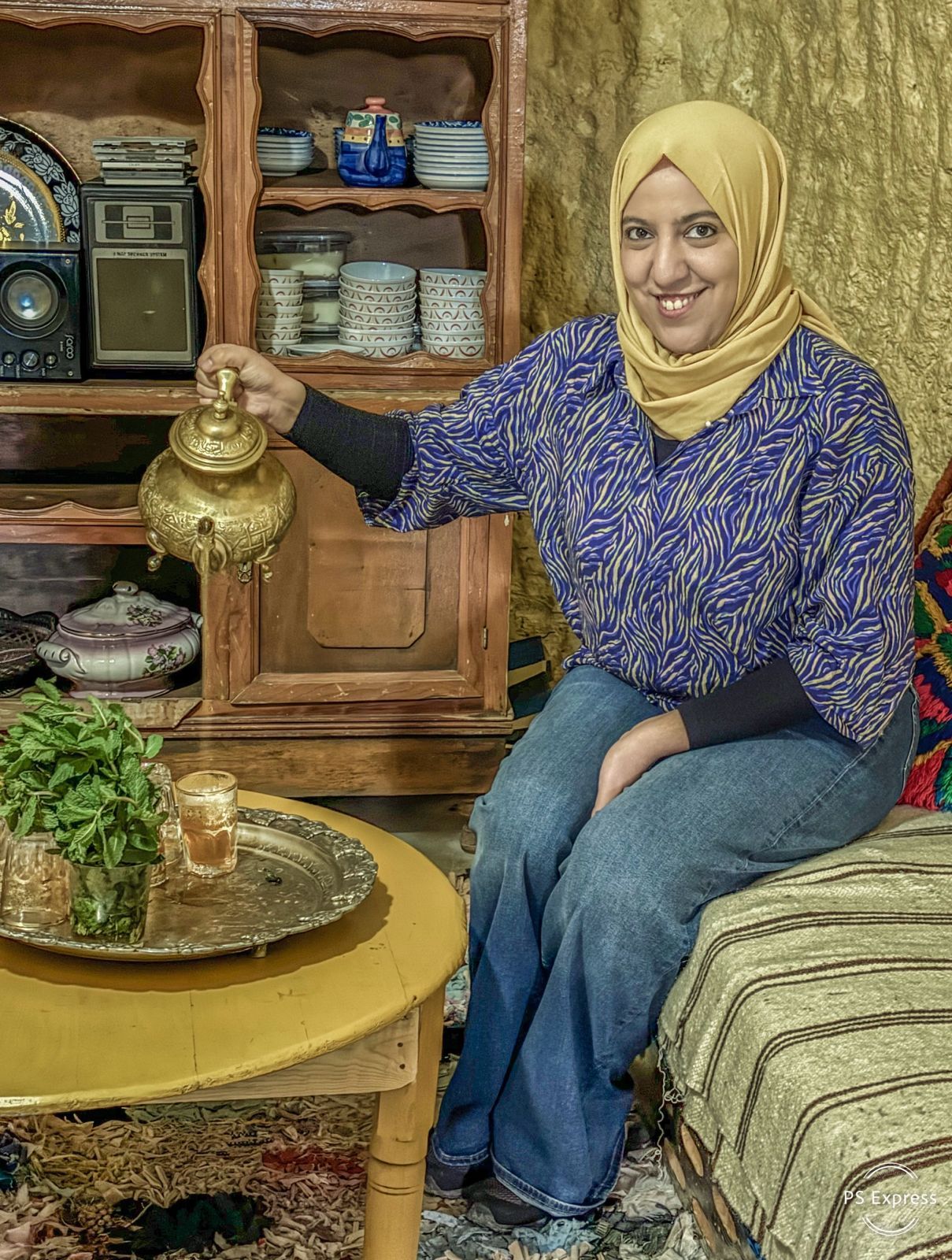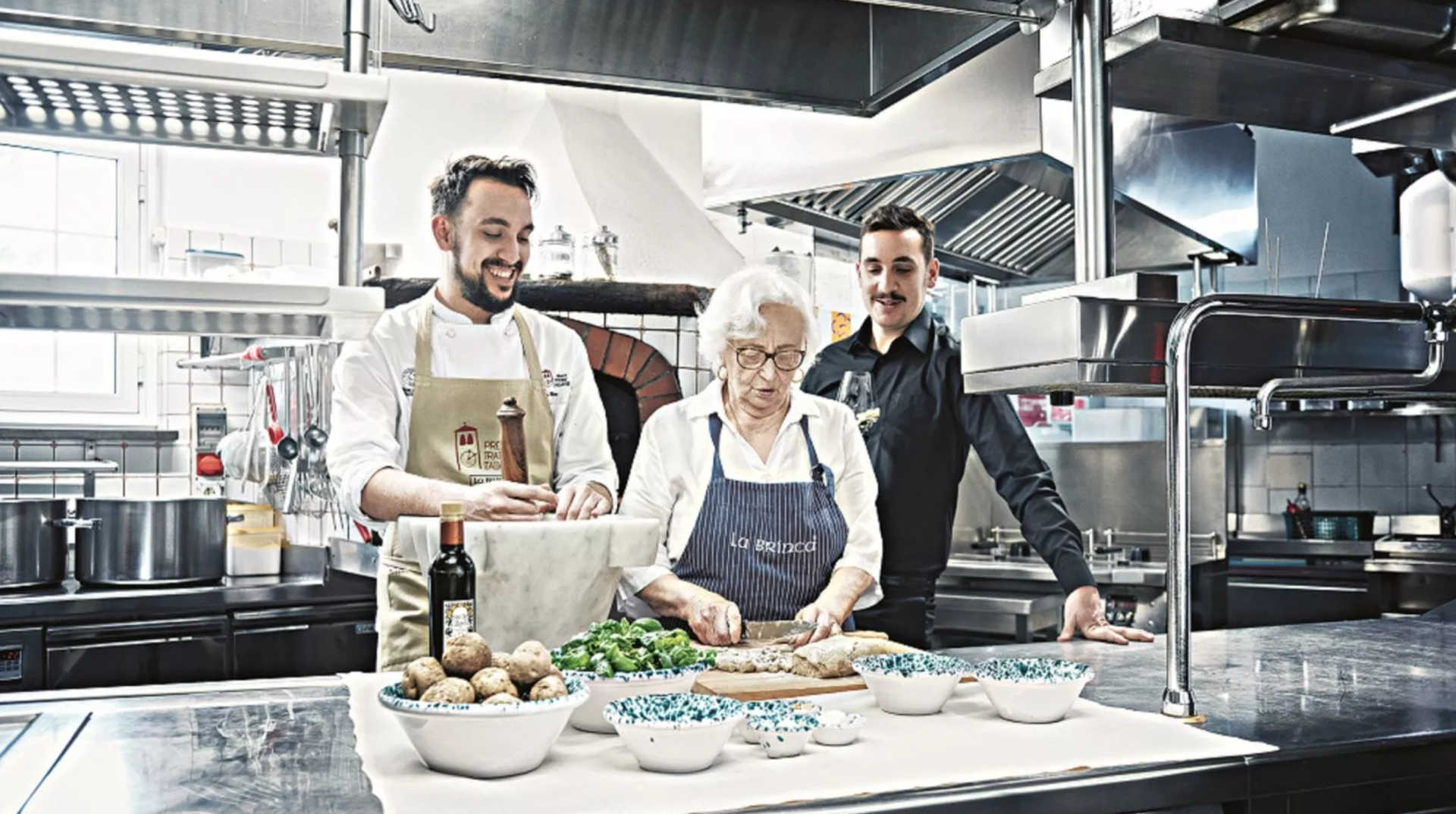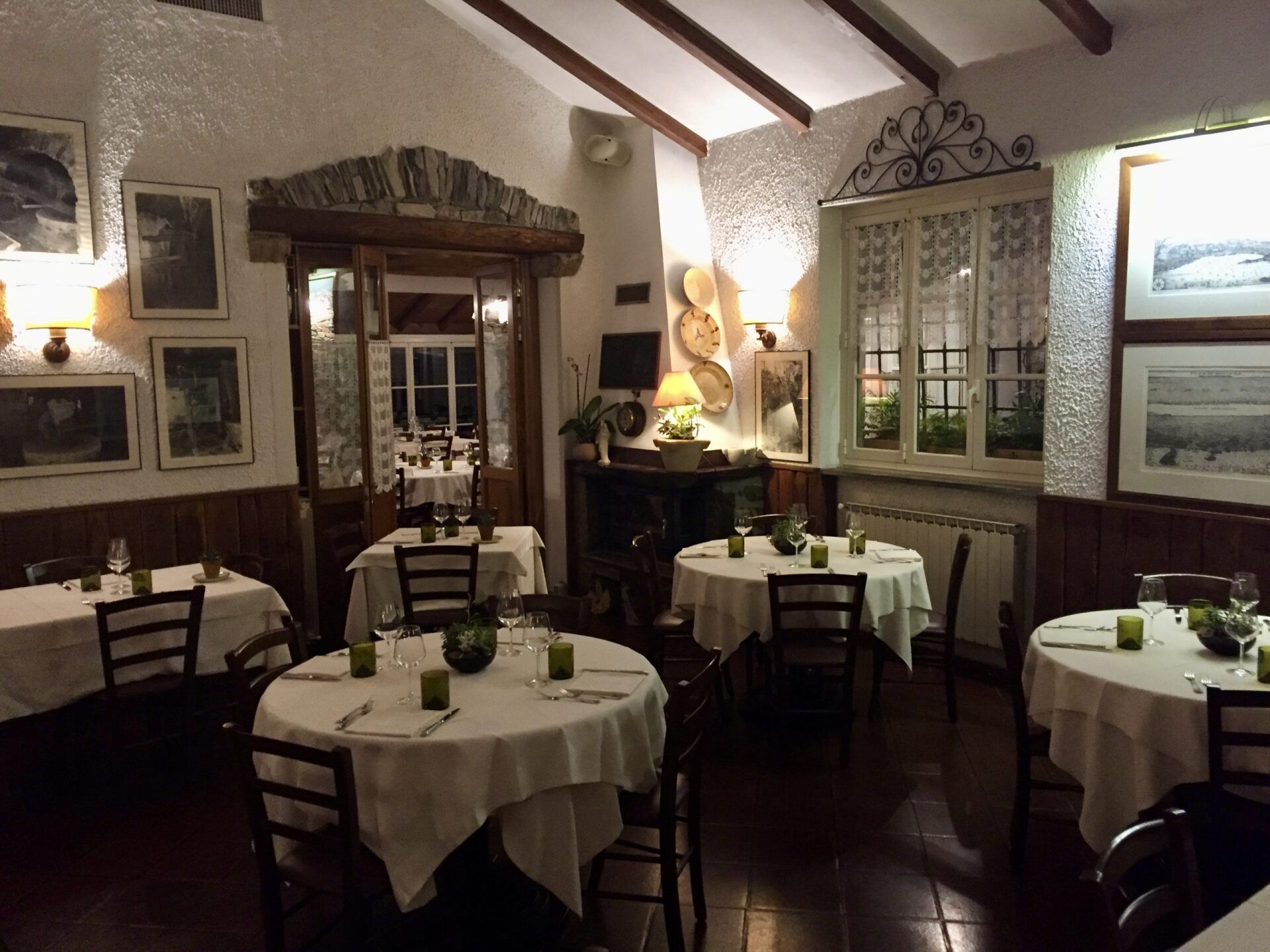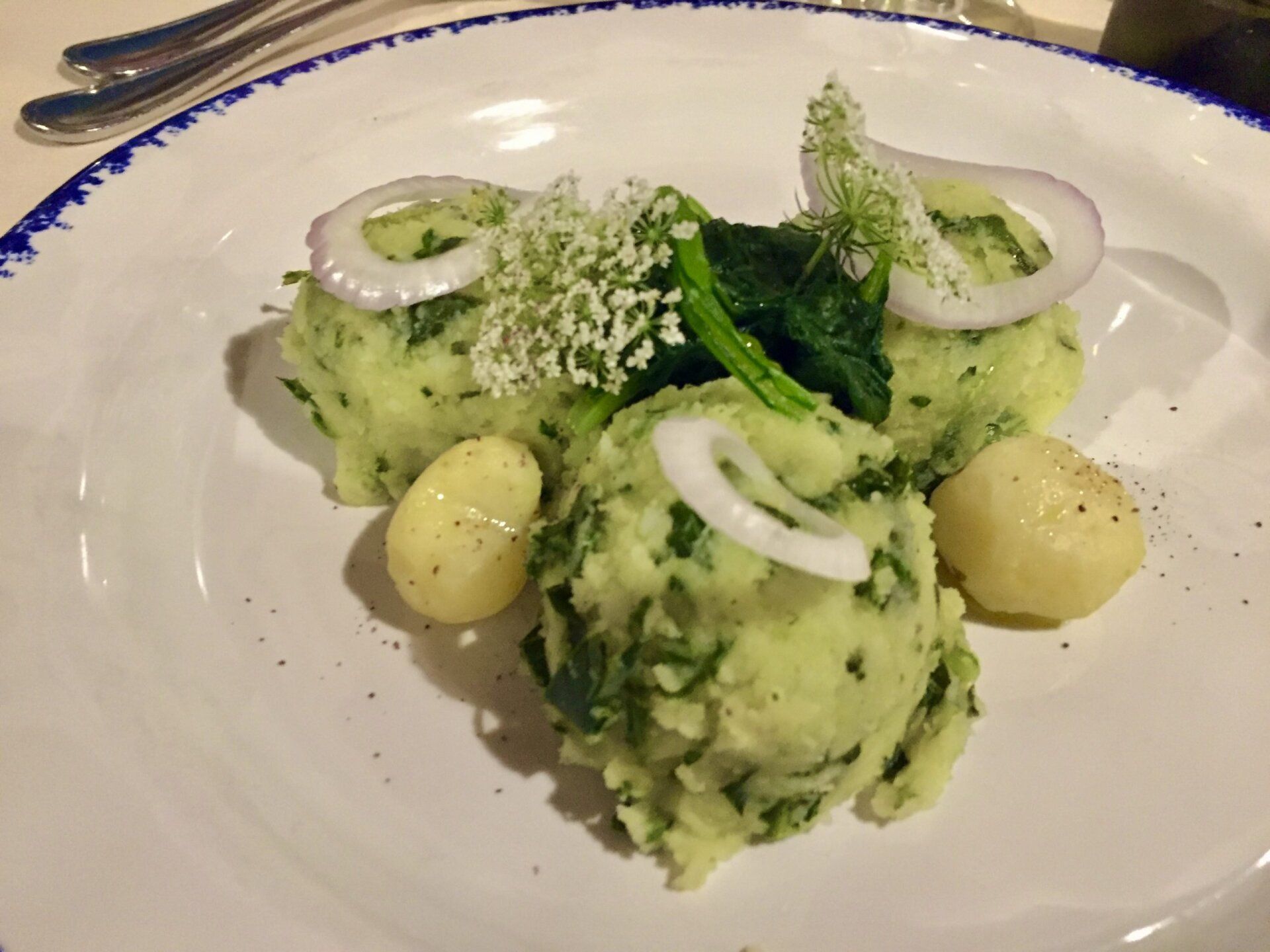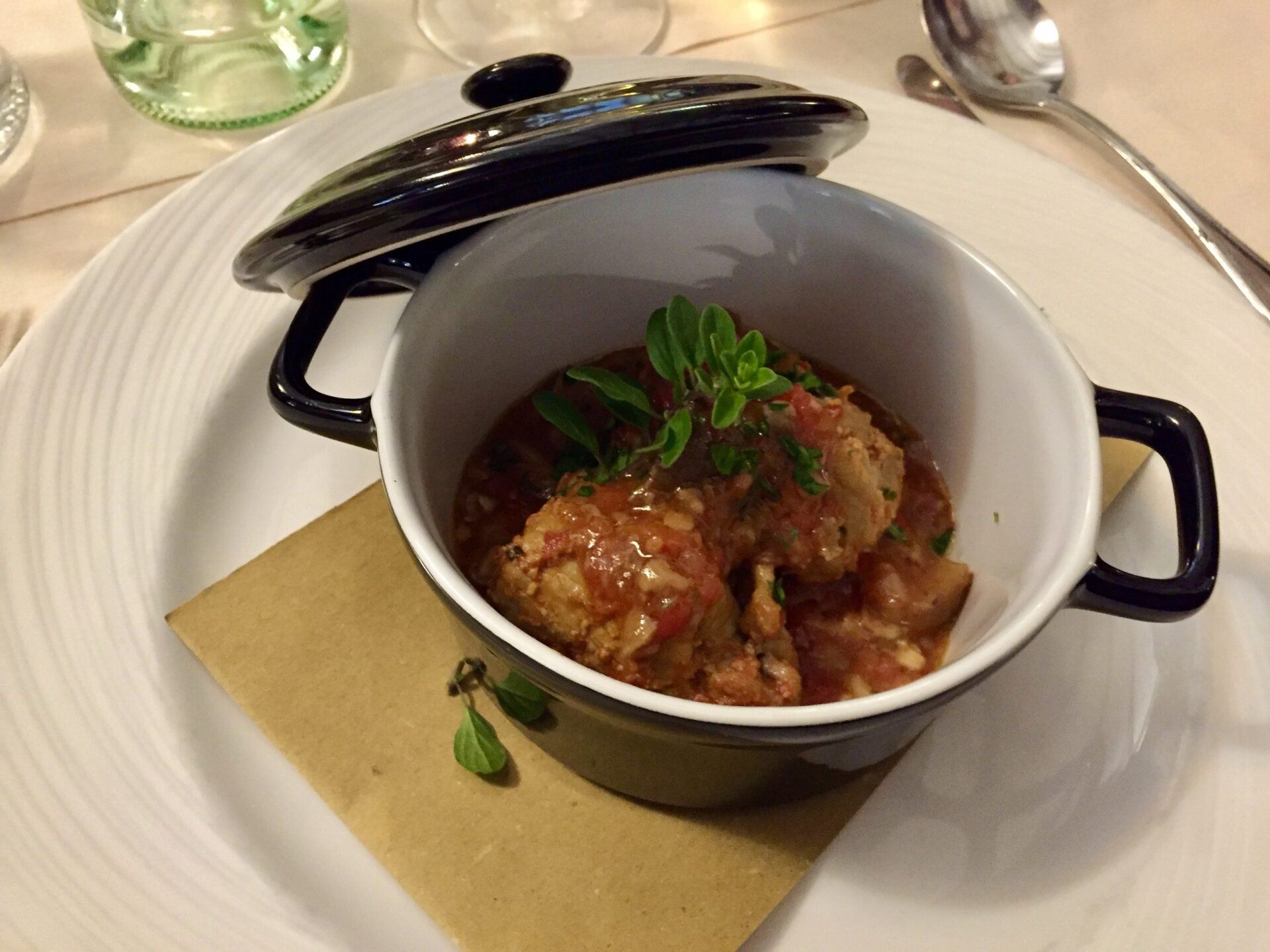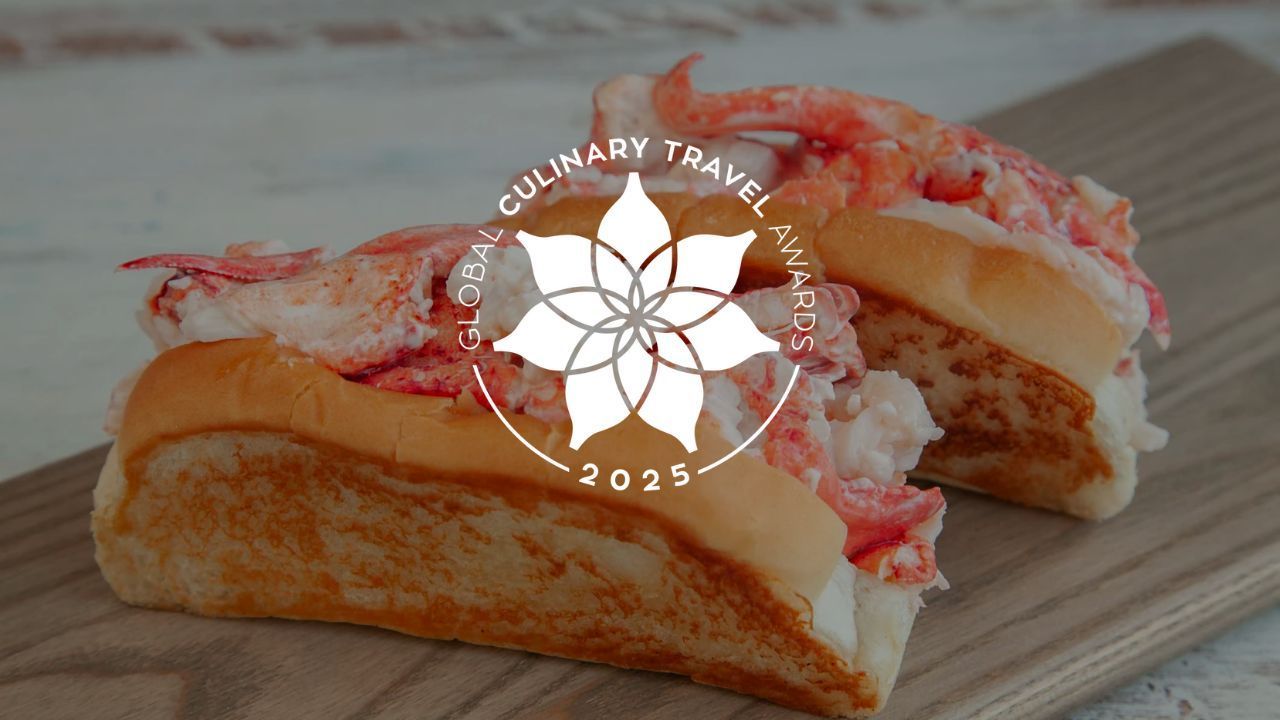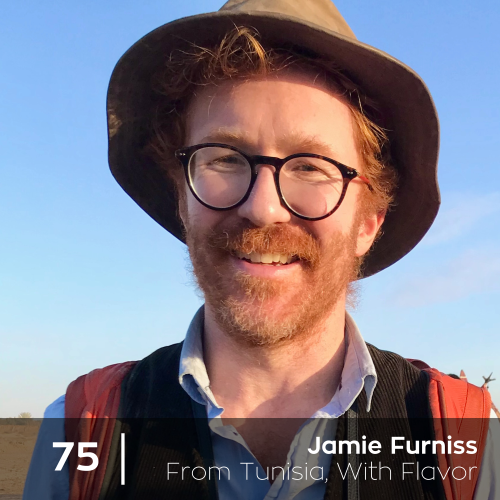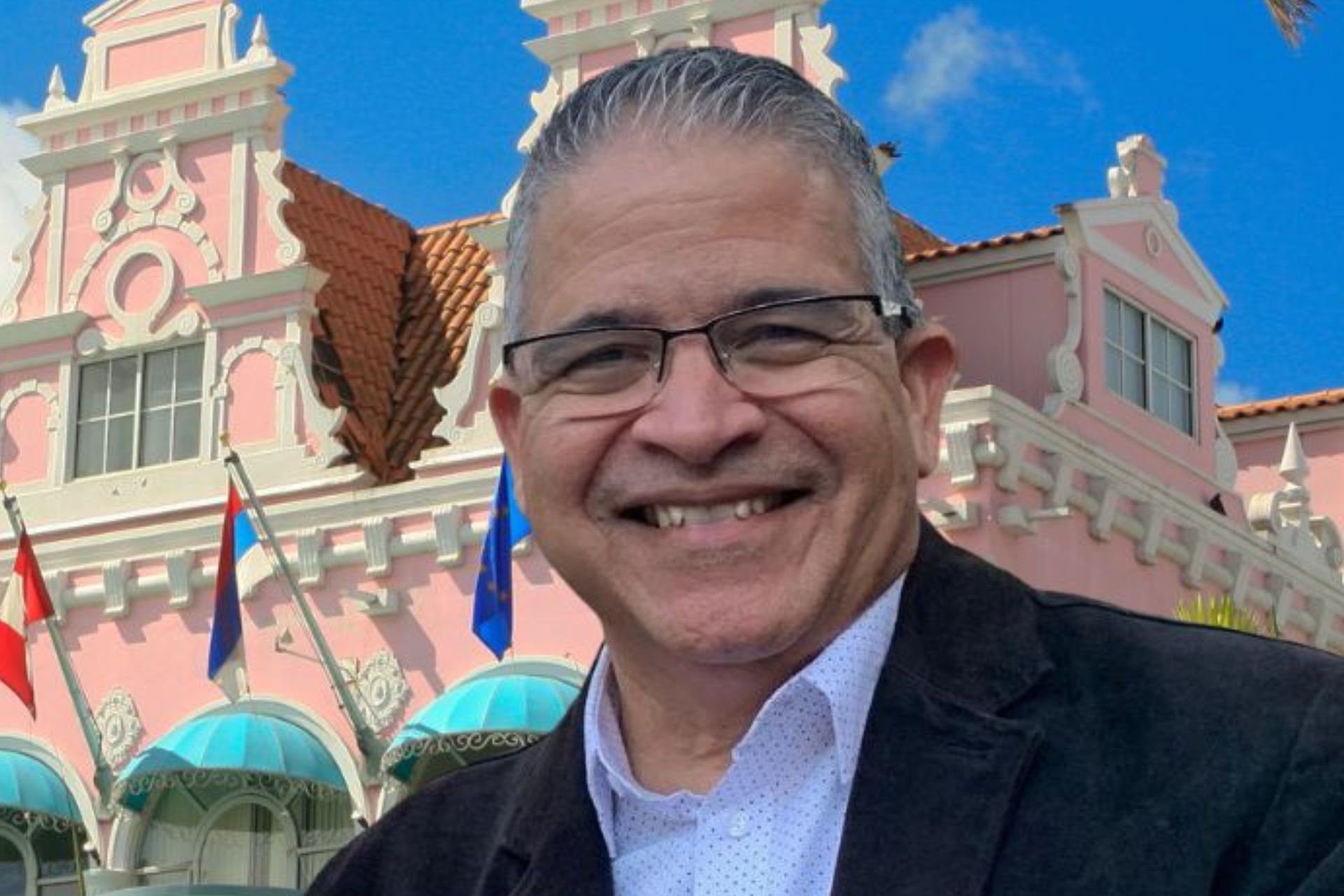La Brinca and the Sharp Flavors of Genovese Cuisine, Liguria
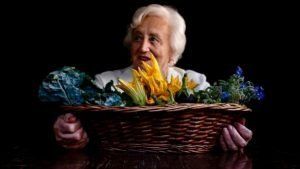
The Circella family runs La Brinca a cozy trattoria located in the village of Ne, few miles from Portofino on the hills of the seaside town of Chiavari. Priceless reference for Liguria di Levante’s food customs and wine heritage – exceptionally portrayed in the cellar – La Brinca’s cuisine is consecrated to the use of seasonal produce, homegrown within a network of local farmers. A festival of craft and ancient wisdom like the handmade charcoal ravioli of Nonna Maria, Prebugiun di Ne, a quintessential countryman dish, made with potatoes, black cabbage and extra virgin olive oil, or the outstanding Tomaxelle, veal rolls stuffed with a mix of minced meat, herbs, garlic and cheese, then cooked in tomato sauce to form a gravy that softens the rolls, whilst cooking.
Sergio Circella – long time friend and restaurant frontman – is married to Brinca’s head chef Pierangela. Their two twin sons, Matteo and Simone, are also in the business. Matteo, professional sommelier, next to his father, while Simone is in the kitchen with his mother and Zio Roberto, Sergio’s brother, who learned the secrets of the local cuisine from their mother Franca.
This is an extract from a short interview I had with Sergio in the last days.
Livio: Describe your activity as food artisan?
Sergio: We are a Trattoria with a laboratory for the production of jams, sauces and preserves made with local vegetables and fruit. We predominantly live from the income of our restaurant which accounts for 85% of our turnover, while the sales of our homemade products and the wine store take the rest. Our cuisine and food production is tied to the availability of local seasonal produce and to the farmer traditions of eastern Liguria.
L: Please tell us about your visitors and client base?
S: Our regulars, about 60%, are locals, from the neighboring towns and the whole region. One third comes from the rest of Italy, especially from Lombardy and Emilia, and the remainder 10% are foreigners.
L: How were your activities during lockdown?
S: We worked non stop and always fully booked until Sunday 8th March. Then we reinvented ourselves. In a few weeks, we created a new website with e-commerce for wines and pantry products. A month later we reopened the kitchen and made home deliveries to nearby villages. Then we moved on to make shipments throughout Italy. Most of the work was done in the family with a lot of personal commitment. In addition to this, we had to take care of the vegetable garden, the olive grove and the orchard. These activities allowed us to pay for the fixed costs, but with a lot of hard work and no margin. We practically no longer run a restaurant but a laboratory and preparation, packaging and shipping. Quite another job!
L: What has changed in your business with the reopening phase?
S: Essentially we have changed the look of La Brinca, refreshing walls and floors first, and then adopting substantial separation between the tables, preferring round tables and halving the number of covers, from 95 to 50. Given the positive experience gained in the first few weeks of reopening – when customers flocked, appreciating our choice – I believe we will continue with this number of covers. If we manage to keep the restaurant busy every day of the week, we will still be profitable even with fewer seats. We also continue with the initiatives we had created at the time of closing, that is, e-commerce with shipments of food, preserves and wines, and the possibility of local home deliveries.
L: How long can you stay in business in this situation?
S: A few months, but the concern is for our employees who are on layoffs and have not received their money yet since March.
L: What do you foresee for your industry in the future?
S: I was always convinced that those providing quality in the hospitality will never have problems because there’s no crisis for quality. We will have to pay more and more attention to the cost side of our business while keeping fair remunerations to workers and suppliers; the economics of our business will be a vital ingredient of our operations.
L: What’s your wish for the years to come?
S: I am looking forward to some greater attention by the State Government regarding the tax costs of labor in hospitality together with a radical change in the bureaucracy of things which in Italy has become unbearable. Furthermore, the government has to make structural investments in local communities, and in strategic fields like healthcare, public roads, infrastructures and schools.
L: Finally please nominate or suggest a person that you would like to see us interview.
S: Carlo Bo, Olive mill in Sestri Levante, Daniele Parma, La Ricolla, Franca Damico, Azienda agricola Rue de Zerli
Authored by: Livio Colapinto, Zest of Italy
